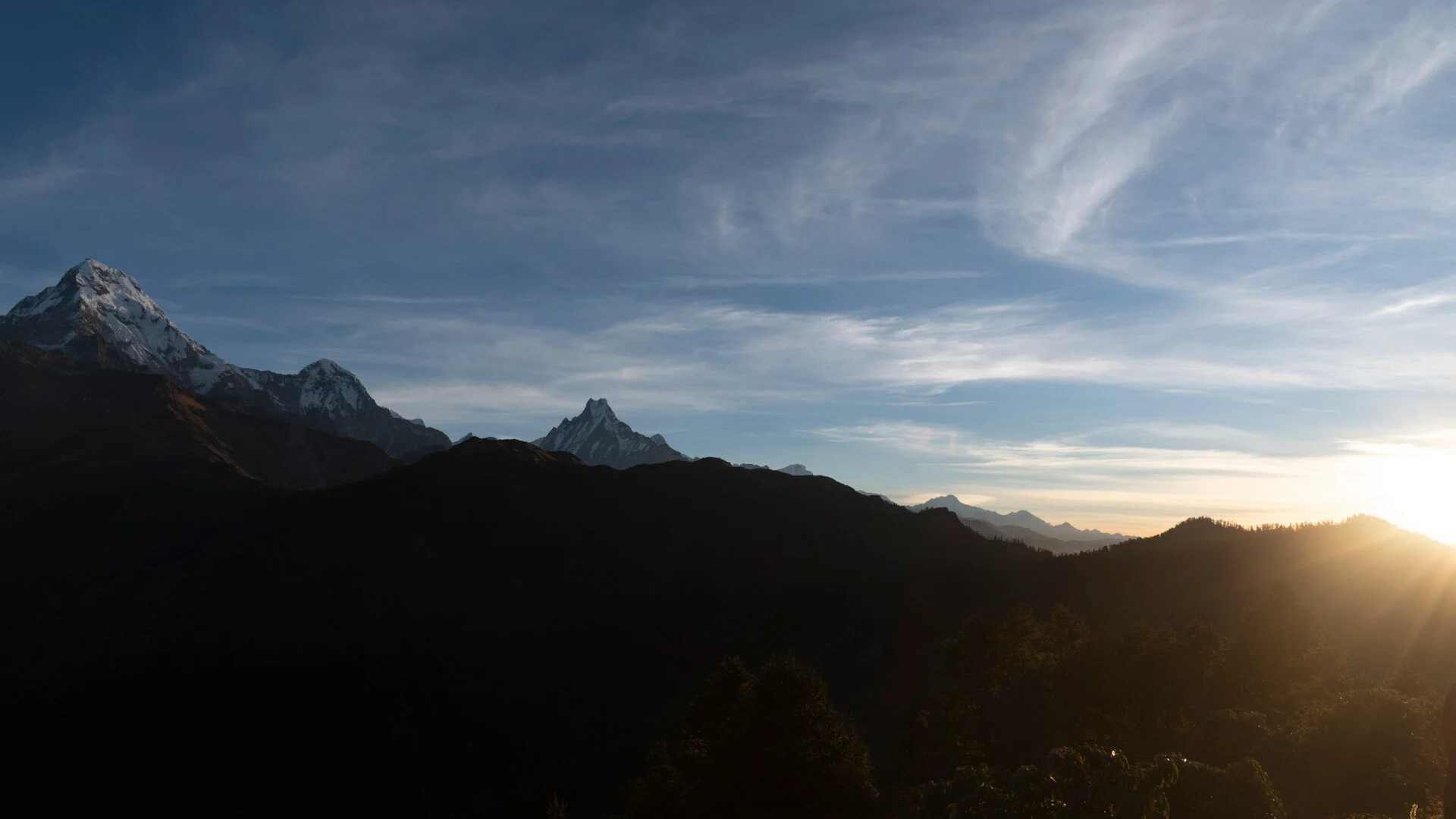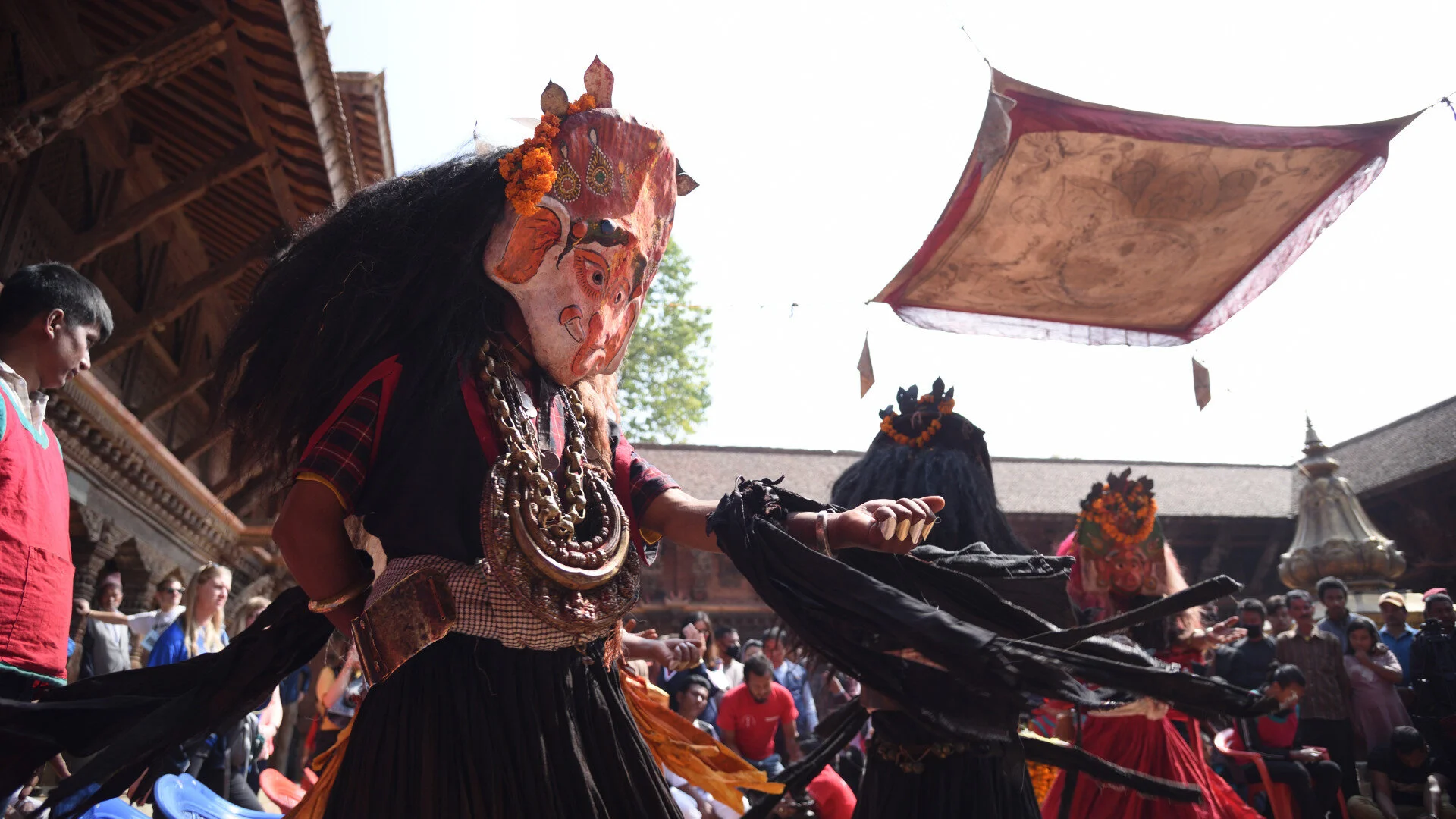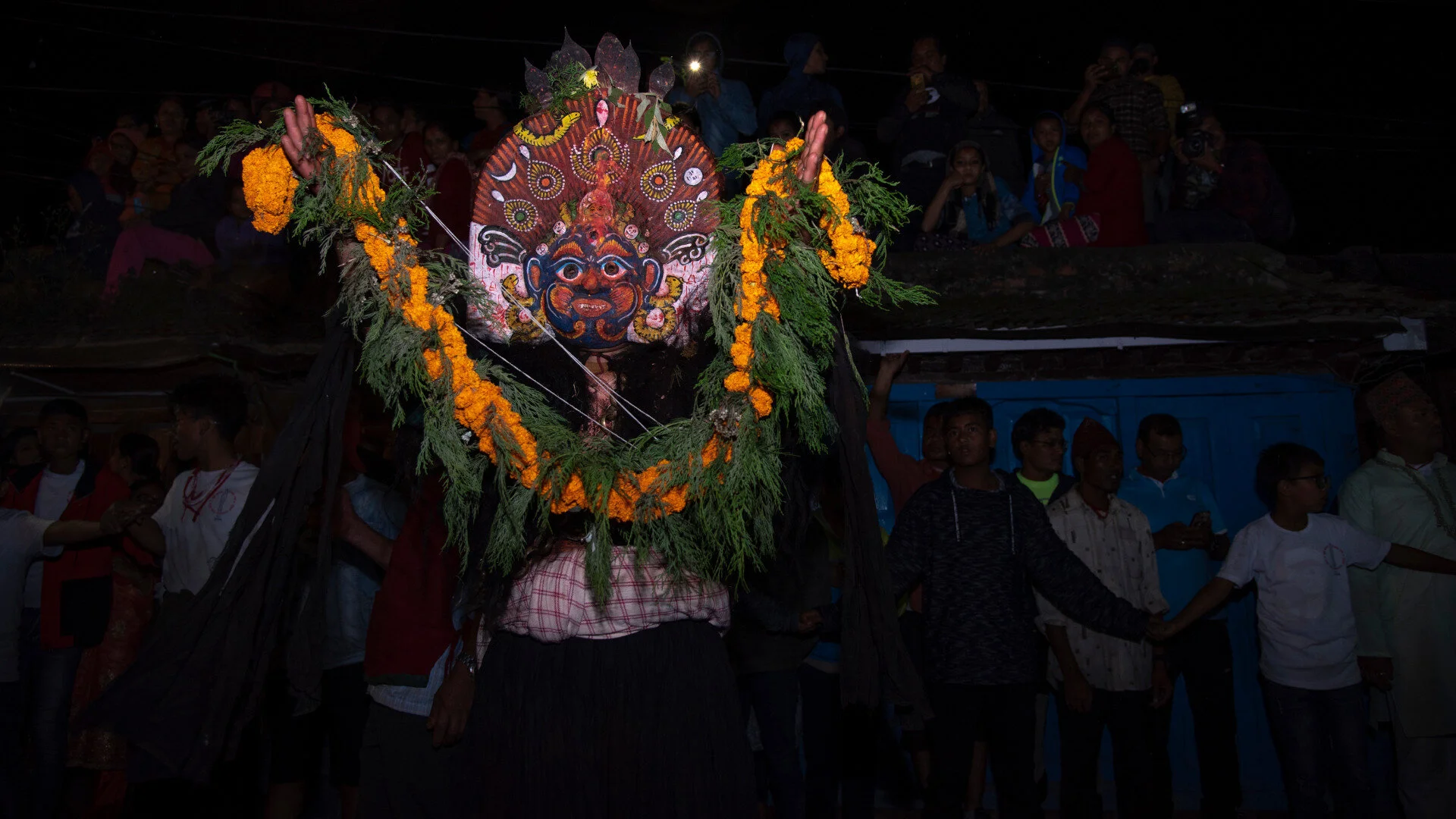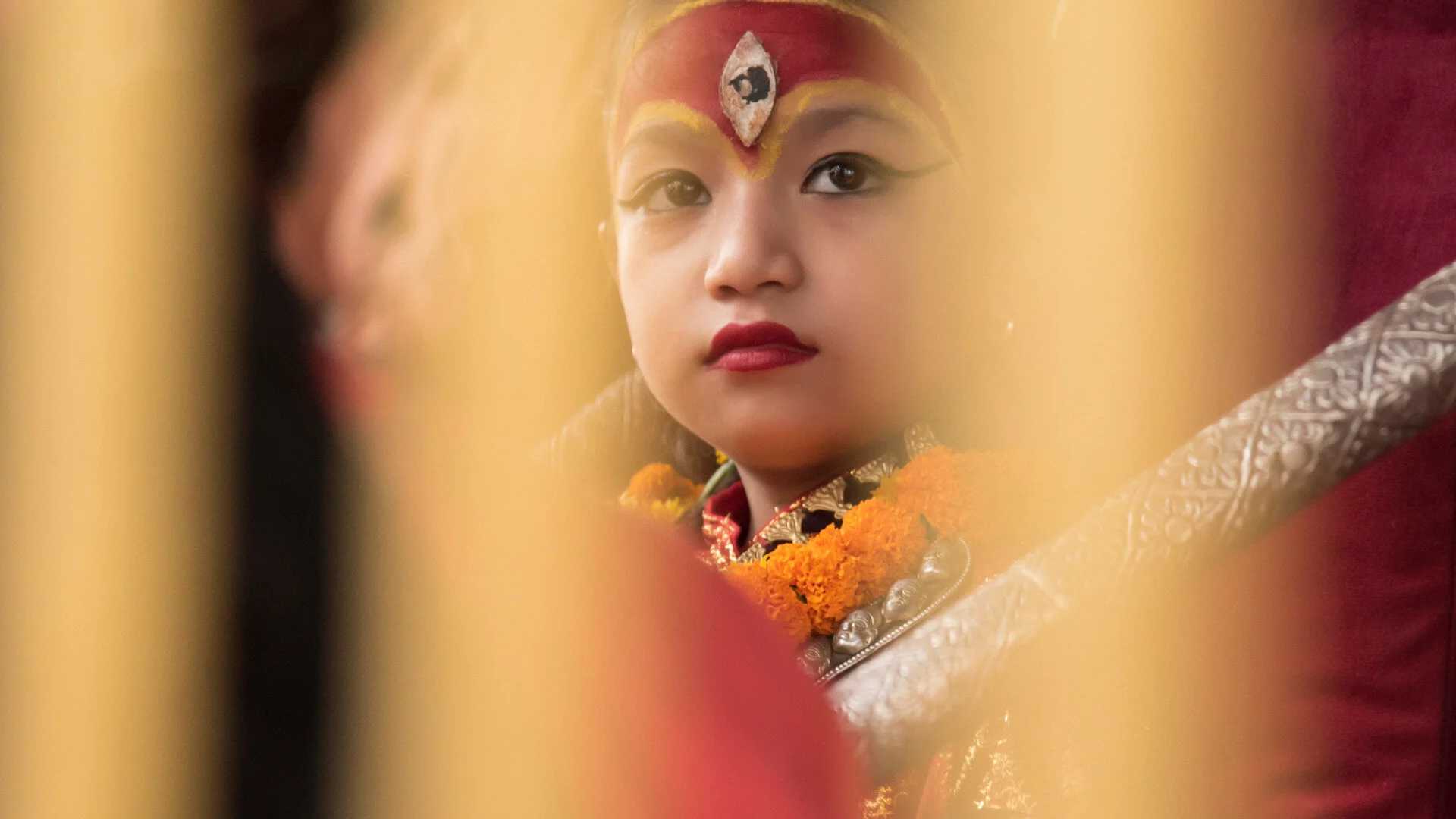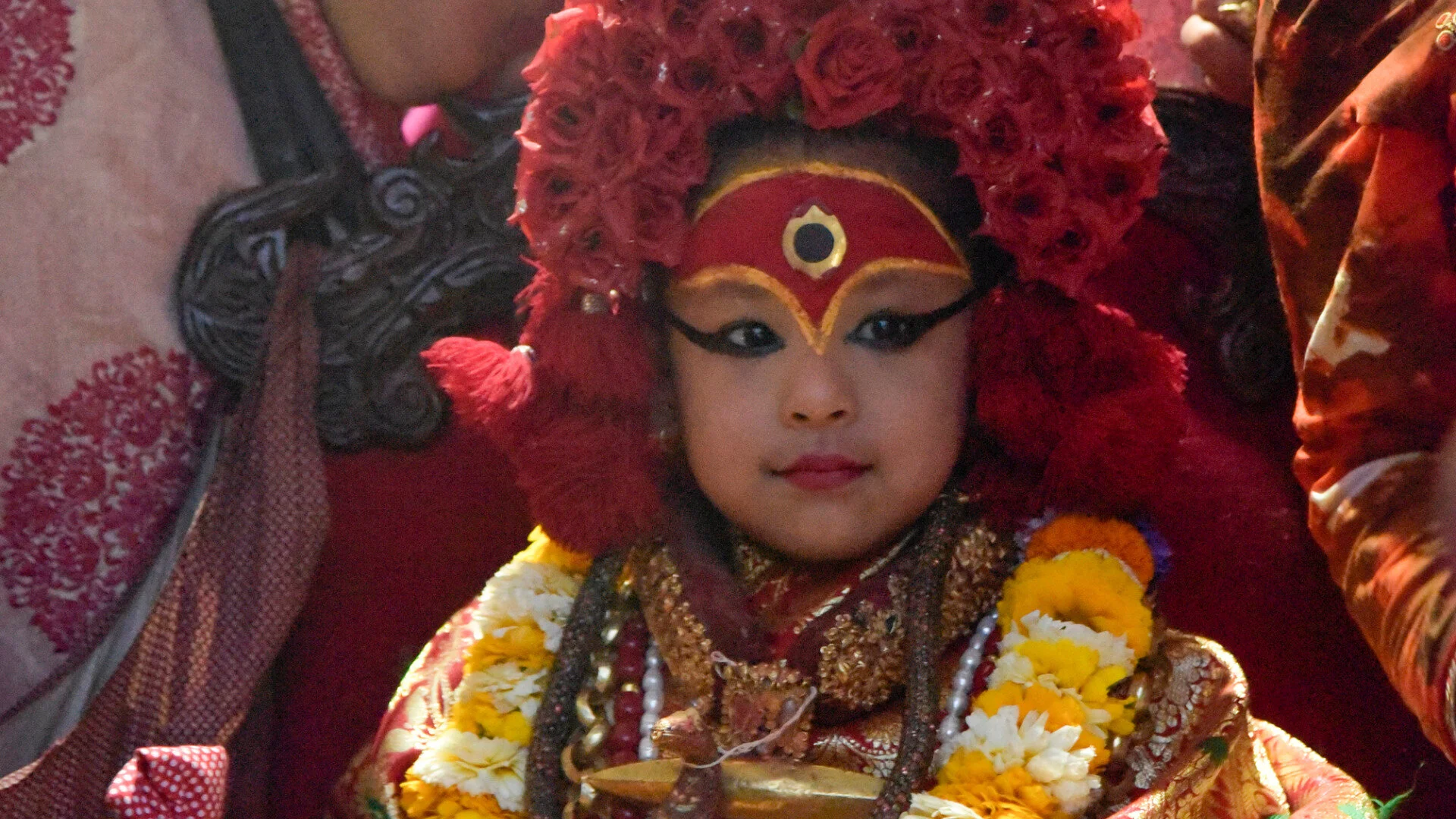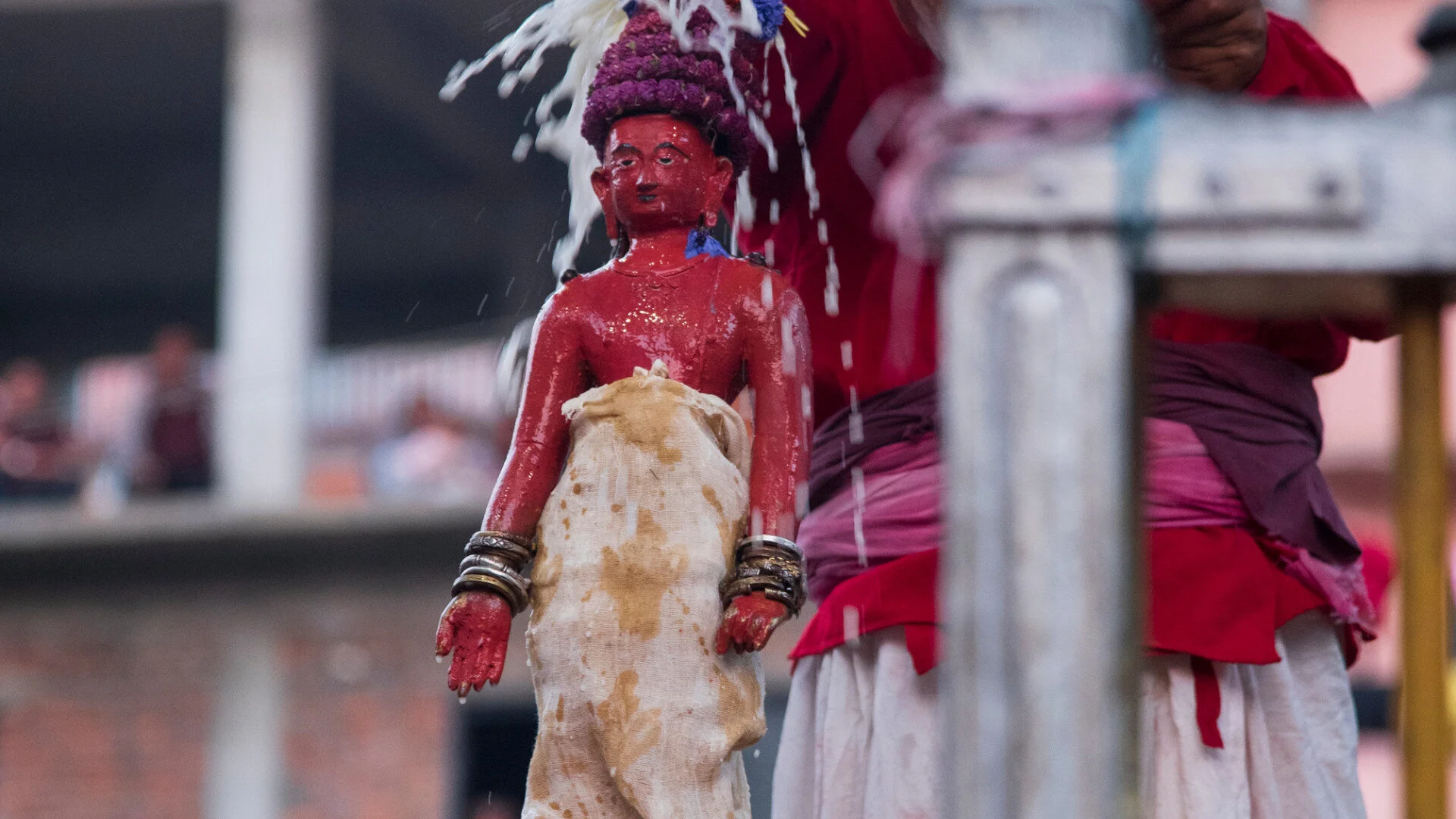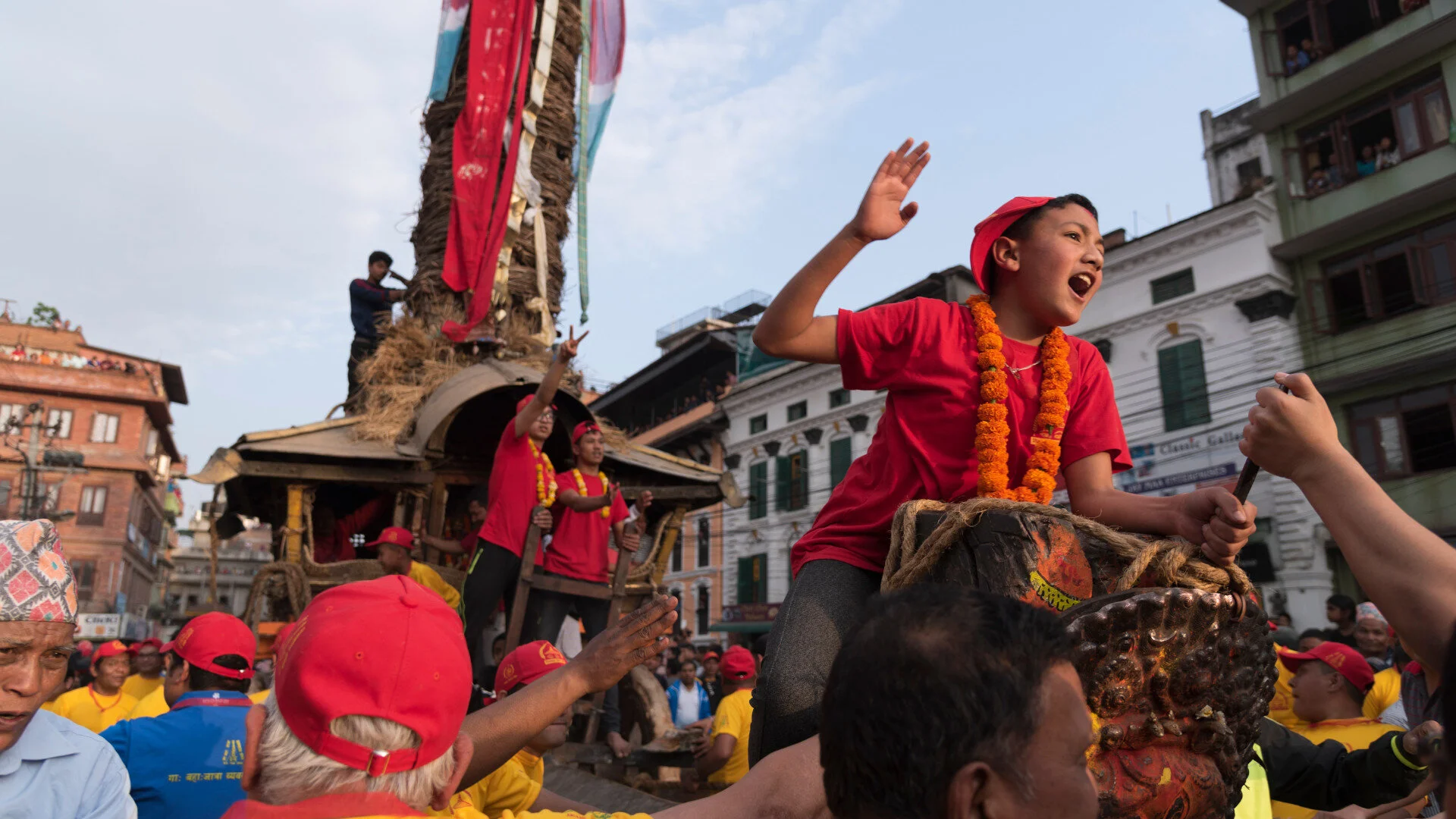A Crisis is an opportunity for the brave. It is a chance to redefine dynamics, rhetoric and make history. We all faced a terrible crisis. Its impacts still loom like a sword hanging from a thread. In these troubled time, especially for the tourism industry, let us all travel Nepal this decade and breath back life to it.
Nepal is the ideal destination for every genre of travelers from all over the world. From the magnificent highlands in the North to the diverse hills and lowlands in the South, historical heritage to rich cultures and ethnic diversity, Nepal has several different environments to explore for every traveler from every corner of the globe.
The nation of Nepal does not have a giant footprint on the world stage. It is small, quaint yet magical. When asked about Nepal Mt Everest, Lumbini and the Gurkha heritage take the spotlight, but in its shadow lies an amalgam of exotic culture, remnants of the old world and unparalleled beauty.
According to the tale, a Kirati King(King Patuko) who once ruled Lalitpur went far to set up a perimeter around the Bahal and caused obstacles to the devotees and travelers. Then a priest afraid of the Kirati ruler decided to send his son to perform the daily rituals. He thought the Kirati soldiers would just let him go thinking he was a child.
Lalitpur, a city of diverse culture, art and tradition is home to many wonders and mysteries. In it lies a sacred space which has stood the test of time and outlasted various dynasties that once battled to rule this glorious city. This sacred space is no other then Kwa Bahal, which today is also known as the Golden Temple of Lalitpur.
The Navadurga masked dance is performed twice a year: during Dashain and Yomari Punhi. The idols of Bhramayeni, Balkumari, Bhairava, and Navadurga are carried around the town in chariots. A group of men who observe religious rites adorn the masks of the Navadurga Gaan and present the iconic traditional dance at the Dabhu (open-air stage) at the Lacchi (communal square) within the city.
Durgas are the various demonic manifestation of Parvati, the Shakti of Shiva, and Navadurga means nine Durgas, Mahakali, Kumari, Barahi, Brahmayani, Mahesvari, Viasnavi, Indrani, Mahalaksmi, and Tripurasundari. Navadurga dance, a legendary traditional mask dance of Navadurga Bhawani of Thecho is performed every year during Vijaya Dashami and the days following the "Yomari Punhi" festival.
There are many legends about the origin of how the Kumari Jatra tradition started. The most popular one is of King Jaya Prakash Malla, the last ruler of the Malla dynasty, which tells how the goddess Kumari vanished when the queen finds out to whom the King secretly visited every night.
The assimilation of Taleju and Kumari occurred in Kathmandu and is said to have been during the reign of King Jaya Prakash Malla, the last Malla king of Kathmandu. The most well-known tale of the living goddess was born during the reign of Malla Kings.
There are several tales about the history and culture of Nepal. Among all those legends and stories, one is the goddess Kumari. The story tells about the origin of the goddess Kumari, a living goddess worshipped by Hindus and Buddhists of Nepal.
The Legend of Min Nath: smaller chariot paraded along the streets of Patan during Rato Matsyendranath festival worship dates back longer than of Rato Matsyendranath. Before the Rato Matsyendranath festival in Kathmandu, there use to be another chariot festival. A chariot of an idol, Min Nath or Karunamaya.
A smaller chariot pulled by children and young adults embarks from the heart of the city, to welcome Karunamaya. According to oral traditions, being the elder god of Lalitpur without his permission, Karunamaya cannot enter the city. Thus, Chak Baha Dyo comes to the outskirts of Lalitpur to ceremonially welcome Karunamaya.



